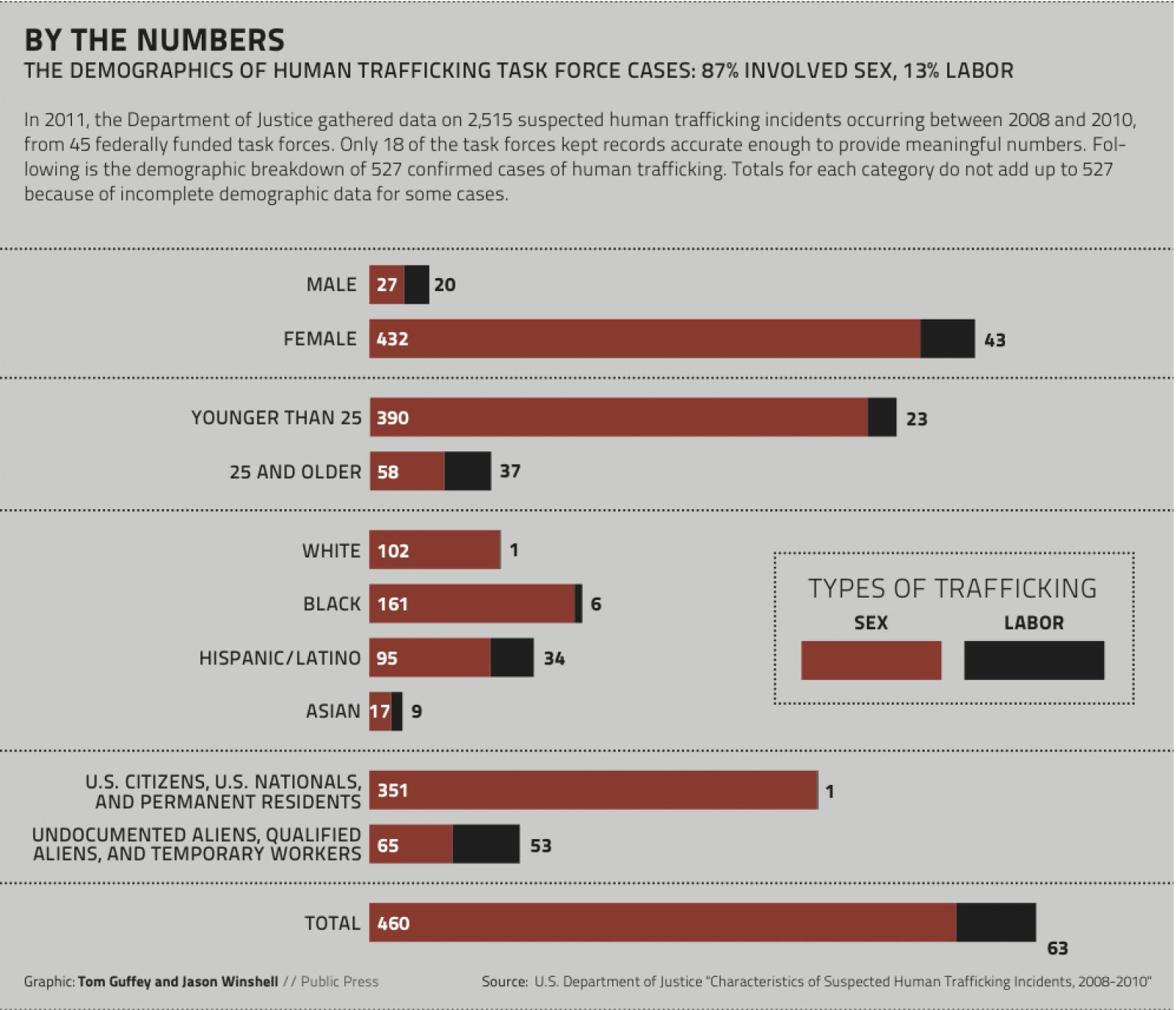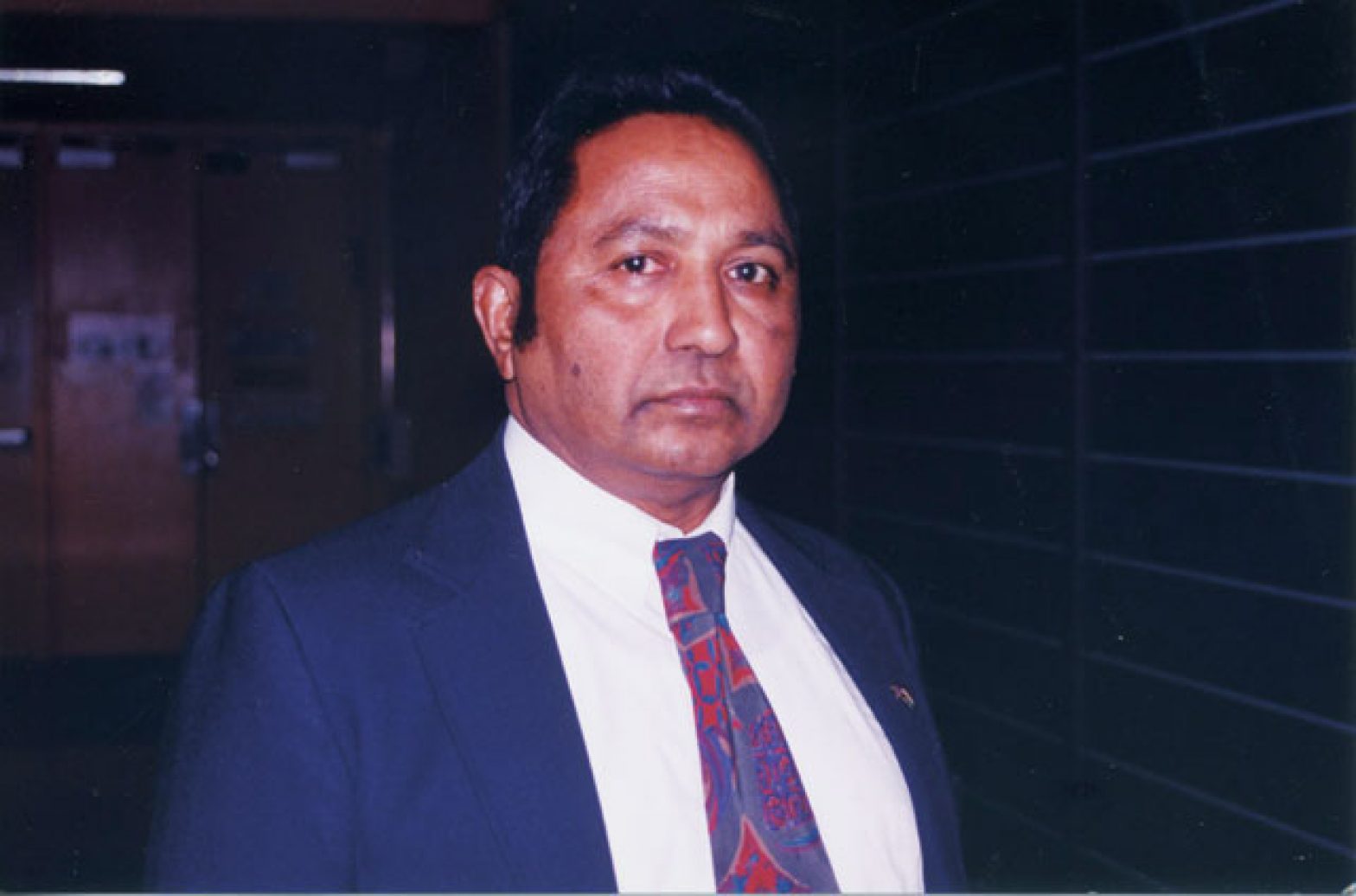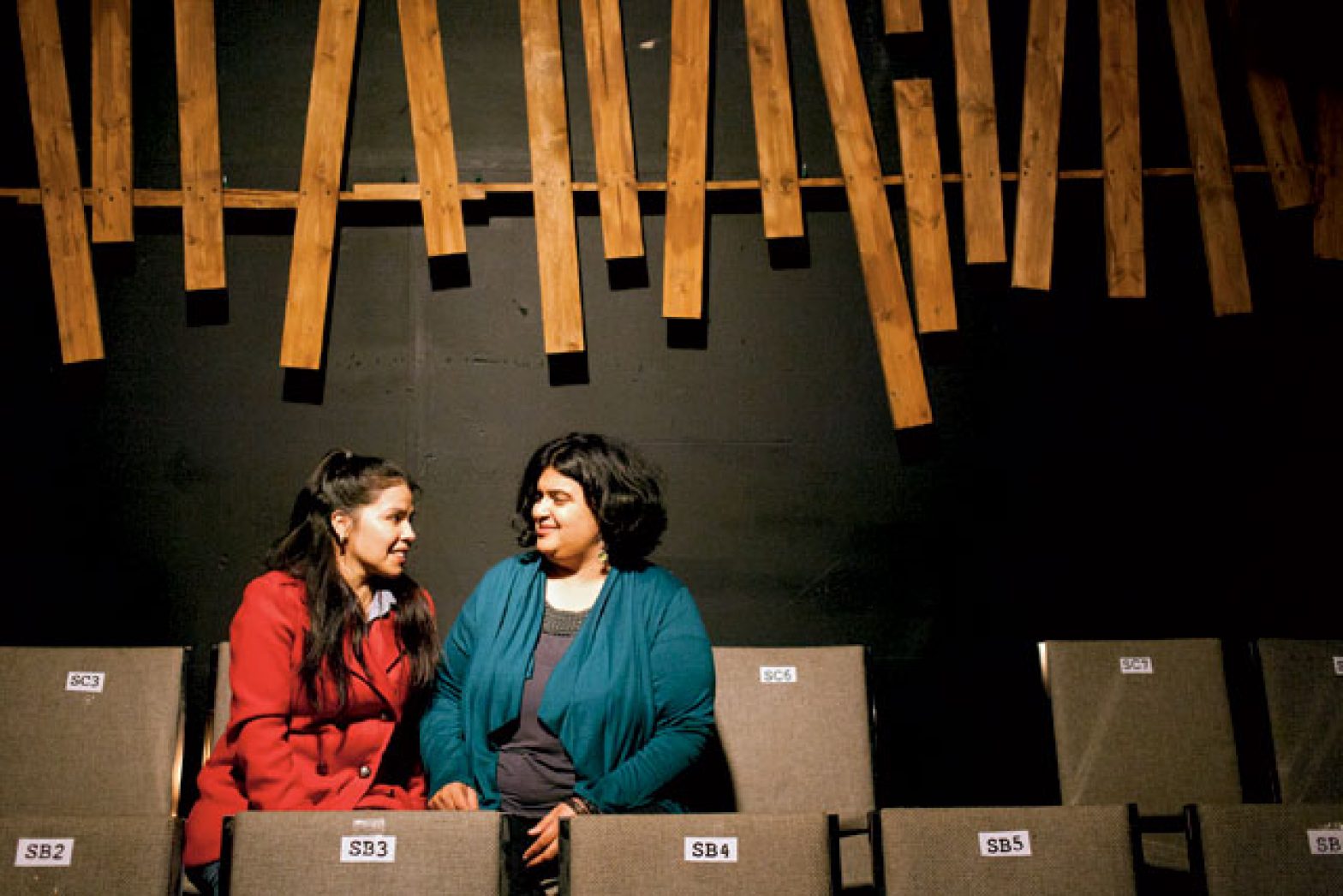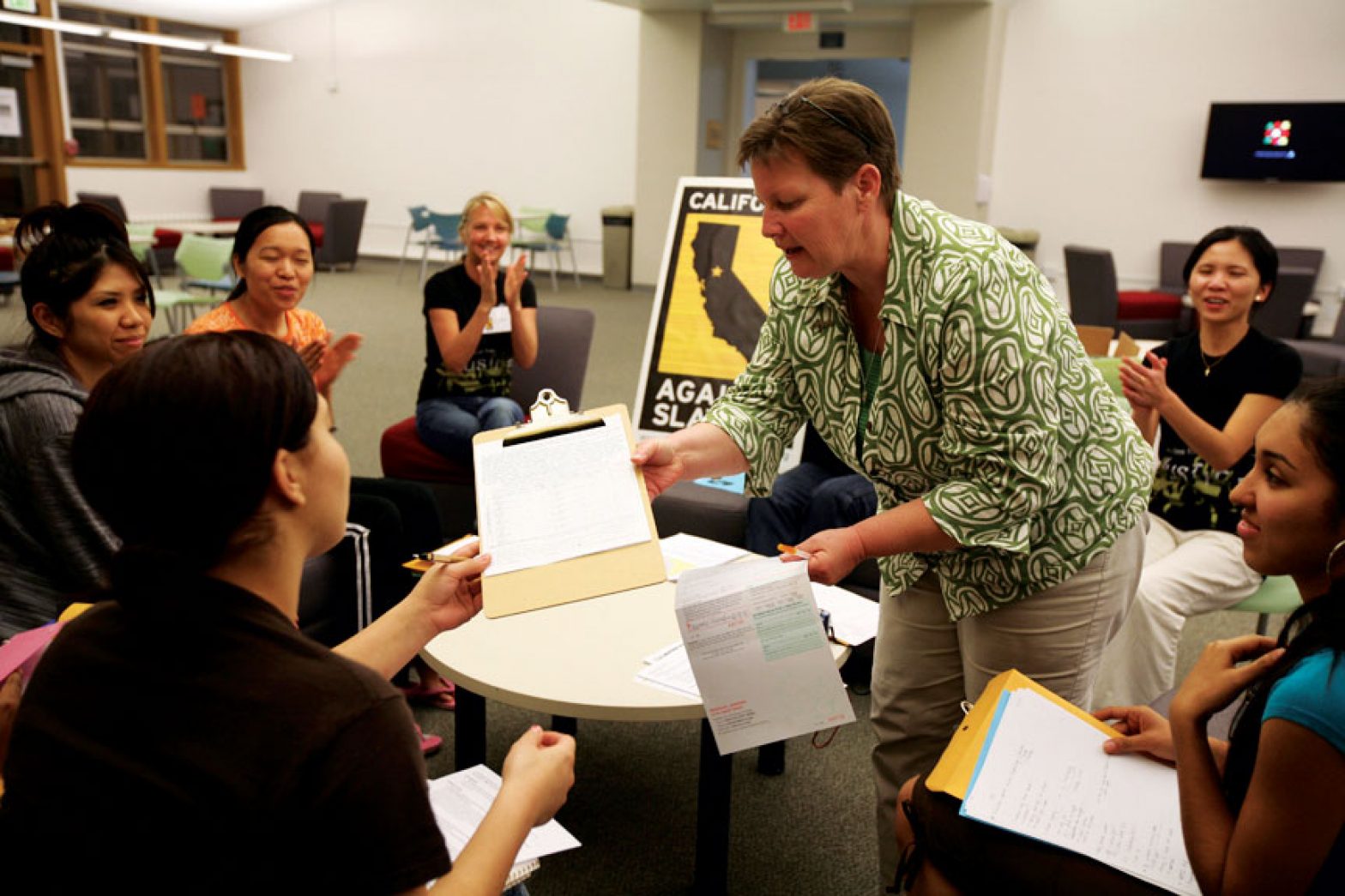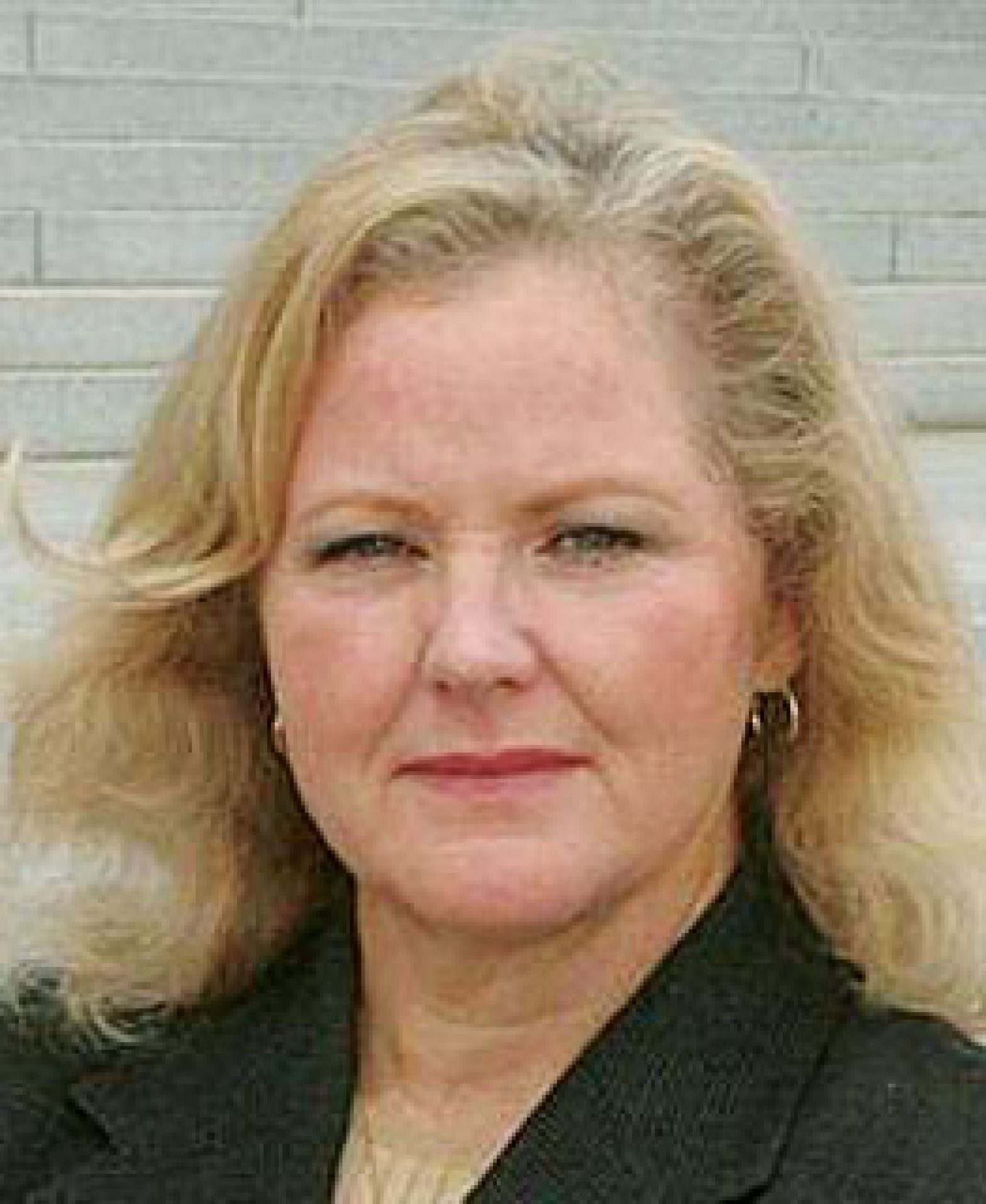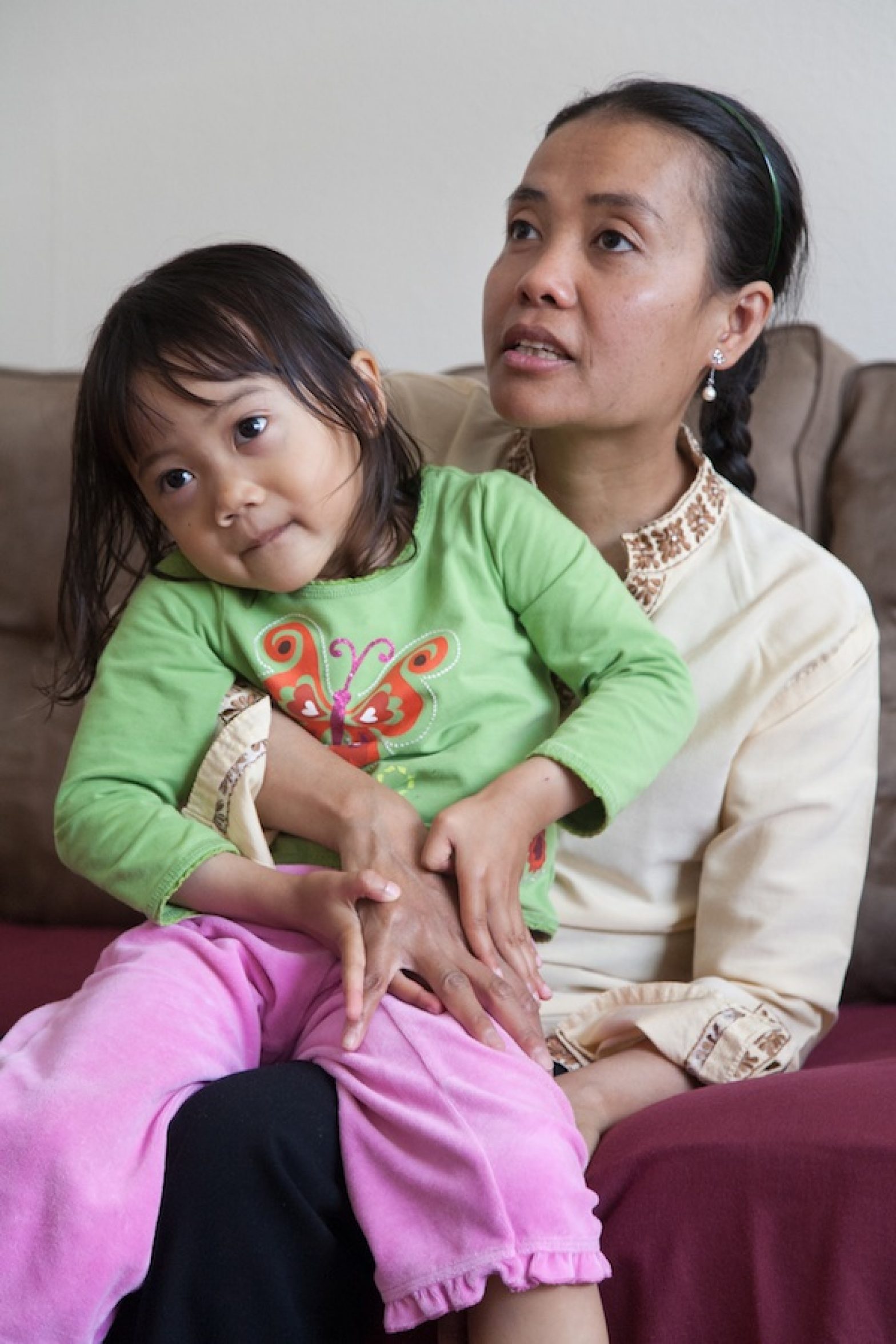City Hall
Bay Area agencies improvise tactics to battle trafficking
With little guidance from state leaders, local police, nonprofits fight for scarce funding
This special report appeared in the Spring 2012 print edition of the San Francisco Public Press.
Across California, local agencies have been left to scramble for limited resources and improvise strategies to fight human trafficking, a problem whose scope has yet to be defined with reliable numbers. A high-profile state task force studying California’s human trafficking problem made 46 recommendations in October 2007 but set up no mechanism to monitor progress. Attorney General Kamala Harris has begun picking up the pieces this year. But without clear guidance from the state, nine regional task forces sprung up to devise their own solutions. Their efforts have been supported mostly by federal grants. But as the funding rules become more stringent, the groups at times have been pitted against each other for resources.

